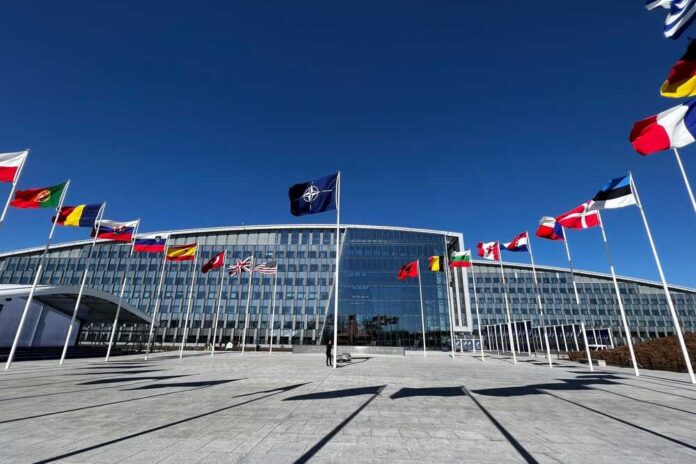By historic standards, sea battles have been rare on the world stage since the middle of the twentieth century. Now a major NATO power sees them as “increasingly likely” and is preparing accordingly.
According to Jacques Mallard, a French Rear Admiral in charge of his country’s carrier battle group, France’s Navy has shifted its training program from its longtime focus on policing its territorial waters to training for battle against foreign foes.
When Mallard enlisted in the 1990s, France’s navy was focused on illegal fishing and drug smugglers. Typical training exercises involved Zodiac boats and ship boarding for search and arrest purposes. Now, Mallard says, things are different. The focus is on war.
With smugglers and fish poachers and spies, the enemy’s goal is to avoid capture. With military and paramilitary adversaries, the goal is to destroy the naval vessels they encounter. Sailors are thus drilled in fighting against hostile targets who want to kill them.
In an interview with Politico, Mallard reveals that the French view is that the world is changing. Where once countries like France were free to do more-or-less as they pleased with their navies, the dawning reality sees live threats materializing on a regular basis. “High-intensity warfare” is now a distinct possibility.
Given that France operates the Charles de Gaulle—the only nuclear-powered and nuclear-armed carrier in any European Union member country’s fleet—and its battle-group, the shift in strategic posture has world-historical significance.
France’s battle-group’s next mission will take it into the Mediterranean, possibly to be in position to respond to Russian naval activity in the Black Sea, one of the fronts in the Ukraine war. This one of several recent naval warfare hotspots that Mallard used to explain the new strategic environment faced by western navies. He also named the Houthi attacks on commercial and military vessels in the Red Sea as an example of how the west’s geostrategic competitors are “increasingly uninhibited.”














